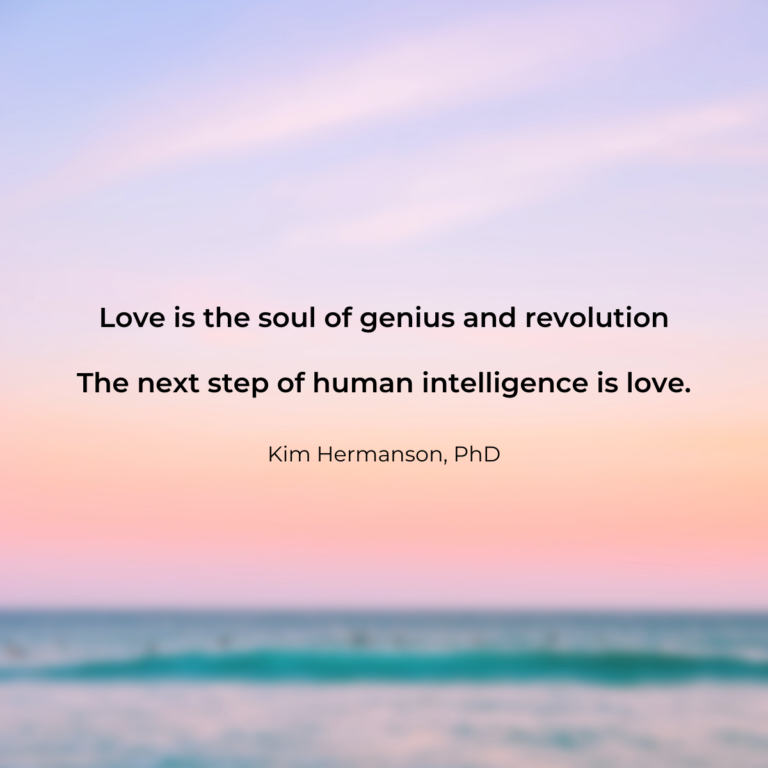How social movements create space for cultural change

I recently met someone who has spent years studying social change movements around the world. He shared a powerful insight: successful social protests open up space in places where we thought there wasn’t any.
For example, before the Occupy movement began in 2011, economic inequality was often accepted as “just the way it is.” But as he explained, “when someone camps out on Wall Street or the White House lawn,” it forces us to see economic inequality in a way we hadn’t before. Their protests opened up space for a national conversation.
Another example is the 2002 Boston Globe investigation into sexual abuse within the Catholic Church. Before this explosive report, newspapers occasionally covered isolated incidents, but no one had pieced together the systemic nature of the abuse. The Globe’s reporting opened up space for the public to finally see and confront the scale of the issue.
Social change movements succeed by creating space for new perspectives. They bring hidden or overlooked issues into the spotlight, challenging societal norms and forcing collective awareness. By opening up space for discussion and action, movements like Occupy and investigative journalism, such as the Boston Globe’s 2002 report, reveal systemic problems and spark cultural shifts. These breakthroughs help us see the world differently, paving the way for lasting transformation.
Cultural change happens when we’re able to see something in a new way—something previously hidden, tolerated, or ignored. From human rights abuses to economic inequality, racial justice, and environmental issues, these movements pierce through our collective understanding, forcing us to reevaluate what we once accepted as normal.
Whenever our culture, lives, or organizations go through significant change, it’s because a new kind of space has been tapped into and opened.
When something unseen becomes visible, it’s no longer acceptable. A shift occurs, and a new kind of space opens up—one that allows for growth, dialogue, and meaningful change.





